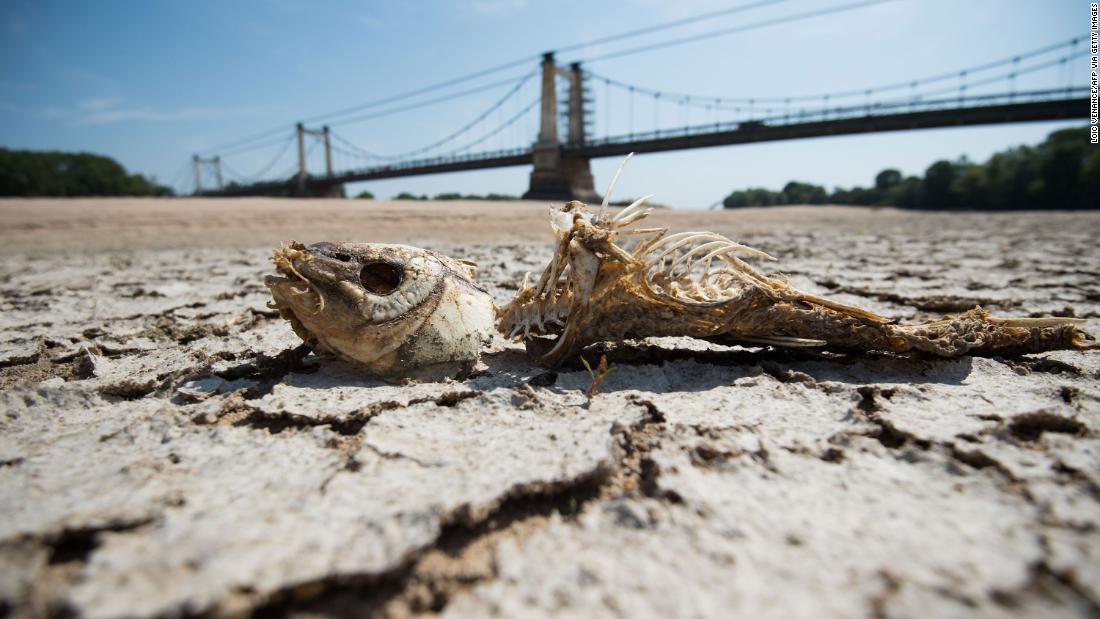
“Summers are getting longer and hotter, while winters are getting shorter and warmer due to global warming,” said Yuping Guan, lead author of the study.
Of course, longer summers can sound great for a family vacation or for enjoying the outdoors, but this longer season can have a significant impact on our health, the environment and agriculture.
Heat waves can lengthen mosquito-borne illnesses become more widespread, pollen allergy season may become more severe and crop growing season will be longer.
The research shows that global warming makes the hottest quarter of the year, also known as summer, longer worldwide, and this also affects the start of all seasons.
“The onset of spring and summer is advanced, while the onset of fall and winter is delayed,” says the study.
The study breaks down the four seasons into four percentiles, with any temperature above the 75th percentile of the 1952-2011 temperature average being recognized as summer. Climate computer models are then used to show how these defined seasons change over time.
“In the period 1952-2011, the length of summer increased from 78 to 95 days and that of spring, autumn and winter decreased from 124 to 115, 87 to 82 and 76 to 73 days, respectively,” the study said.
Most regions in the Northern Hemisphere have had longer summers, but in the Mediterranean it has been growing at more than eight days every 10 years since the 1950s. This may not sound like much, but on a longer timescale it becomes more important.
If nothing is done to reduce these emissions to slow the effects of climate change, summer could grow to six months by the end of this century, according to the study.
According to the business-as-usual scenario, spring and summer start about a month earlier than 2011 towards the end of the century, fall and winter start about half a month later, resulting in almost half a year of summer and less than two months winter in 2100. “
What this means to you
Aside from the warming temperatures and changing seasons, this has implications for human life.
This also applies to agriculture. Spring is the season when plants start growing in parts of the US. The plants bloom when they experience the warmer temperatures at the start of the season.
However, this time of year also has temperature fluctuations, where one day can be warm and the other cold. These extreme temperatures are common in climate change.
Starting spring a month earlier can mean catastrophic crop losses. Earlier weeks and months in the transition seasons can result in more drastic cold snapshots after spring buds opening.
“For monsoon areas, changing seasons can change the time of the monsoon. This means that patterns of monsoon rains also change. These kinds of changes may not be in sync with crop growth,” Guan told CNN.
The change of seasons will also affect wildfires and heat waves, likely increasing numbers.
“A warmer and longer summer will see more frequent and intense high-temperature events – heat waves and wildfires,” said Congwen Zhu, a researcher at the Chinese Academy of Meteorological Sciences who is not affiliated with this study.